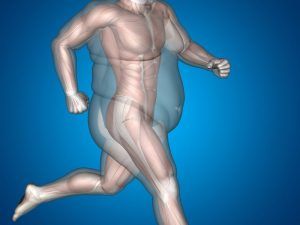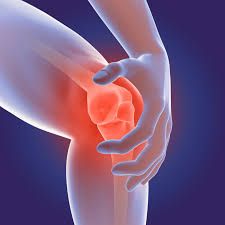
Accredited Exercise Physiologists (AEPs) are university-qualified allied health professionals who are equipped with the knowledge and skills to design, deliver and evaluate safe and effective exercise interventions for people with chronic medical conditions.
Recent statistics show that almost 50% of Australians have at least 1 of 8 common chronic conditions (cancer, cardiovascular disease, mental health, arthritis, back pain, lung disease, asthma, diabetes), a 5% increase over the last ten years. However, exercise can assist with the prevention of risk factors for chronic disease, with 32% of Australia’s total disease burden attributed to modifiable risk factors.
What are the main conditions an Exercise Physiologist treats?
Musculoskeletal Injuries and Disorders
Exercise physiology and corrective exercise is an essential part of your rehabilitation at TPM. Your Exercise Physiologist will work on Muscle strengthening and functional capacity for both acute and chronic musculoskeletal disorders. A specially tailored program designed to suit your individual level of function is necessary in order to maintain movement and return to activity, whatever that may be.
Diabetes (Type 1 and 2)
Regular exercise is an integral component in the management of both Type I and Type II Diabetes. Our exercise physiologists understands this firsthand and will educate and guide you to incorporate regular exercise into your life, which is proven to assist with the control of insulin levels, weight management and blood pressure. Specific exercises can make the management of Diabetes much easier to manage, allowing you to live to your full potential.
Pre and Post Natal
Exercise physiology plays an important part in the control of physiological and musculoskeletal changes and the restoration and redevelopment of functional training and stability for both pre and post-natal women. Core and hip strengthening exercises during pregnancy can assist in maintaining correct posture and pelvic alignment during this period, while the body is constantly changing.

Obestity
Both diet and exercise play an important part in helping individuals achieve and maintain a healthy weight. An Exercise Physiologist can assist in the development and implementation of a safe and effective exercise regime, focusing on creating lifestyle changes to benefit individuals.
Regular exercise over a period of time will not only help control weight but also help avoid or manage co-morbidities such as high blood pressure, diabetes and lower back pain.
Cardiovascular Disease
Regular physical activity at a low to moderate intensity can greatly improve cardiovascular health of an individual whilst preventing further development of symptoms.
A personalised and specialised exercise program can assist in reducing blood pressure, cholesterol and stress levels which all contribute to an overall increase in the health of your cardiovascular system

Depression and Anxiety
Regular exercise has many emotional and psychological benefits that can assist you in maintaining a healthy overall quality of life. Through providing supportive interaction, a structured exercise program assists in gaining confidence, identifying and meeting small goals and dedicating time to mental health and wellbeing. Exercise stimulates the production of chemicals in our body called “endorphins”. These endorphins trigger responses to cause a positive feeling in the body, which in turn reduces stress, boosts self-esteem and improves sleep.

Osteoporosis and Arthritis
Bone health and density can be positively affected by weight bearing exercises. Exercise can strengthen bones, and carefully structured exercises will improve muscle strength and control around joints.
This ultimately improves the ability to control joint movements, while staying strong and pain free throughout daily activities, all while reducing the risk of falls and bone fractures associated with osteoporosis and arthritis.
Post Surgical Rehabilitation
Exercise physiology is both effective PRE and POST surgery. Before an operation, strengthening exercises can be designed to best prepare a joint and surrounding structures to manage with the trauma of surgery. After surgery, it is important to re-gain joint range of motion and strength in a gradual steady progression. An Exercise Physiologist can work with you to design a specific tailored program in order to safely regain functional capacity and return to the level of activity required.
Neurological Conditions
Exercise plays a very important role in the management and treatment of neurological conditions.
A tailored program of exercise will improve not only muscle strength, but also increase the strength and ability to control neurological signals within the nervous system.
In the management of a neurological condition, regular exercise can slow the progression and allow for increased independence and functionality, overall improving quality of life.
Reference:









